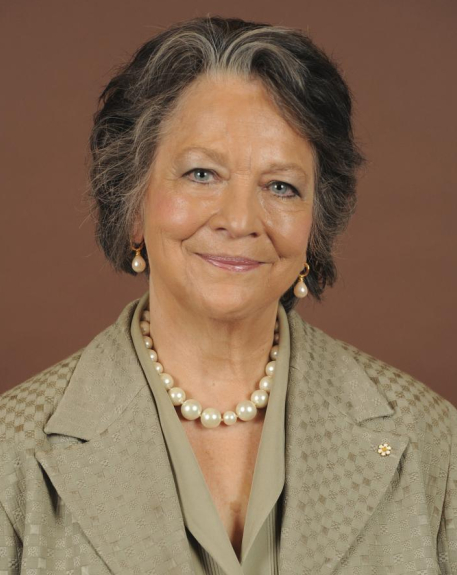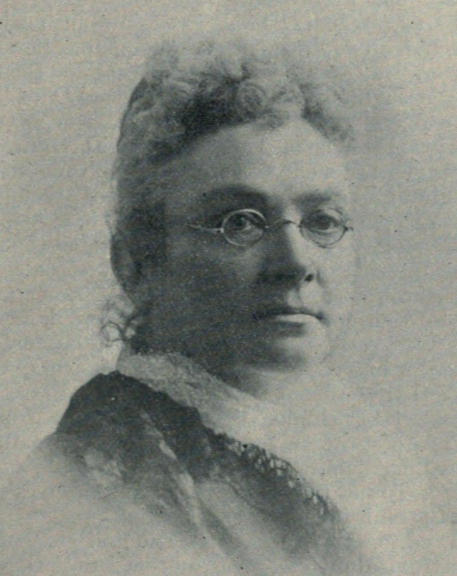1997 INDUCTEE Brenda Milner, PhD Brain & Mind, Women in Medicine
July 15, 1918
(Manchester, England )
MA, Cambridge University (1949)
PhD, McGill University (1952)
2018: International Lifetime Achievement Award, Mensa Foundation
2018: Medal of Honour from the National Assembly of Quebec
See All AwardsAwards & Honours:
2018: International Lifetime Achievement Award, Mensa Foundation
2018: Medal of Honour from the National Assembly of Quebec
2018: Companion of the Order of Montreal
2014: 50th Anniversary Tribute Award from the Order of Psychologists of Quebec
2014: Dan David Prize
2014: Kavli Prize in Neuroscience
2012: Canadian Science and Engineering Hall of Fame
2011: Pearl Meister Greengard Prize
2010: Norman A. Anderson Lifetime Achievement Award
2009 & 2010: NSERC Medal of Excellence
2009: Goldman-Rakic Prize for Outstanding Achievement in Cognitive Neuroscience by NARSAD
2009: Balzan Prize for Cognitive Neuroscience
2009: Grand Officer of Quebec
2007: Foreign Honorary Member of the American Academy of Arts and Sciences
2005: Gairdner Foundation International Award
2005: American Academy of Arts and Sciences
2004: Companion of the Order of Canada
2004: National Academy of Sciences Award in the Neurosciences
1996: Metlife Foundation Award for Medical Research in Alzheimer's Disease
1993: Wilder Penfield Prize for Medical Research, Province of Québec
1987: Ralph W. Gerard Prize in Neuroscience
1985: Officier de l’Ordre national du Québec
1984: Officer of the Order of Canada
1983: Izaak Walton Killam Memorial Prize of the Canada Council for the Arts
1979: Fellow of the Royal Society of London
1976: Election to the National Academy of Sciences
1975: Fellow of the Royal Society of Canada
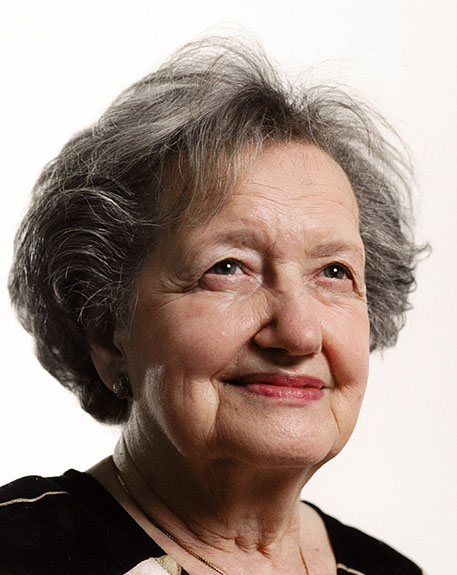
Merged psychology and neurology and shaped the field of cognitive neuroscience
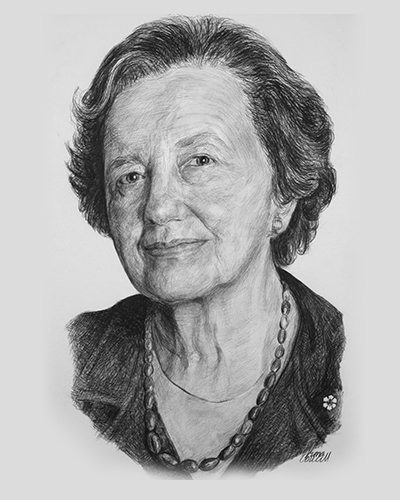
A pioneer of the discipline of neuropsychology
Filled with boundless curiosity and unwavering determination, Dr. Brenda Milner’s aptitude for discovery has made her a champion of unlocking the mysteries of the human brain. Her unbridled enthusiasm for scientific inquiry inspired significant interest in human memory, as well as established an important foundation for the field of cognitive neuroscience.
A career defining moment came in 1955 when Dr. Milner was introduced to an epilepsy patient known as “HM.” Following a radical surgical treatment for epilepsy, HM had lost his ability to convert short-term memory into long-term. Three decades of meticulous experimentation with HM would be a catalyst to Dr. Milner’s distinguished research career, as she discovered that the human brain has multiple memory and processing systems.
Key Facts
Became the first Dorothy Killam Professor of Neurology and Neurosurgery at MNI and McGill University
Conducted long term studies of patients before and after brain excisions, in particular, for epilepsy cases.
Contributed to our understanding of the functions of the hippocampus and the temporal, frontal and parietal lobes in learning, memory and speech functions.
Her findings lead to an ethical shift discouraging neurosurgeons from performing surgeries that could have lasting negative impacts on the lives of their patients
Honoured with over 100 awards and honorary degrees
Was the first women awarded a Killam Prize in 1983
Professional timeline
Impact on lives today
Dr. Milner is considered to be one of the greatest neuroscientists of the 20th century as her work has opened possibilities for the treatment of many debilitating illnesses including epilepsy, brain cancer and dementia. In her current research, Dr. Milner uses positron emission tomography (PET) and functional MRI (fMRI) to identify the brain regions involved in processing language in unilingual and bilingual subjects. She also explores how the two hemispheres of the brain cooperate in normal memory retrieval processes. This research will help other researchers better understand how visual memory supports the processes of more abstract memories such as the meaning of words.
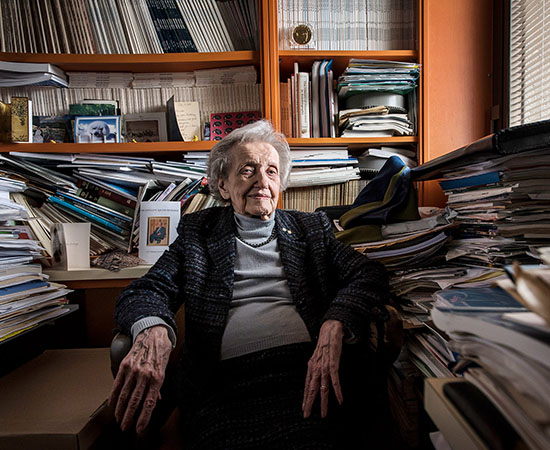
2026
-
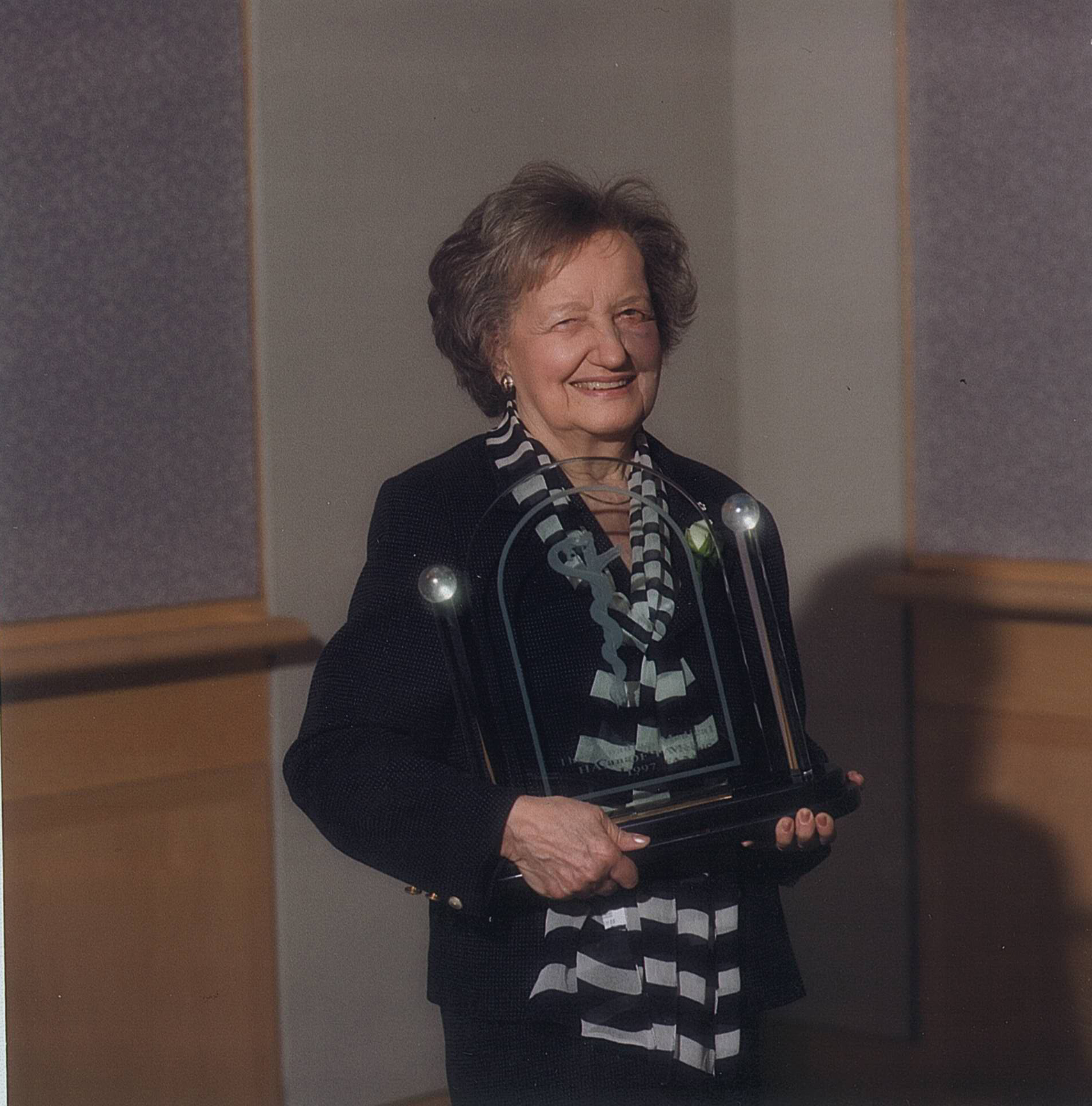
Brenda Milner inducted into the Canadian Medical Hall of Fame
London, Ontario
-
After many years as Director of the MNI’s Neuropsychology/Cognitive Neuroscience Unit, Milner became the Dorothy J. Killiam Professor of Psychology.
Brain & Mind, Health and Medical Education & TrainingEven at the age of 102, she remains an active researcher.
-
Brenda Milner published another groundbreaking article
Brain & MindShe successfully linked brain structure to function when she demonstrated the role of the temporal lobe in memory.
-
Brenda Milner began working with “HM”
Brain & MindHer work sparked global interest, encouraging researchers to unlock the many mysteries surrounding the inner workings of the human brain.
-
Brenda Milner authored a now renowned publication, “Intellectual Function of the Temporal Lobes"
Brain & MindIn the article, she pinpointed how damage to the temporal lobe can significantly alter the emotional and intellectual abilities in humans and lower primates.
-
Upon completion of her studies, she declined a tenured position at McGill University to continue her work with Dr. Wilder Penfield.
Health and Medical Education & TrainingHer diligent and energetic nature attracted an abundance of graduate students to study under her tutelage, many of whom went on to develop clinical neuropsychology units in university and teaching hospitals throughout Canada and the world.
-
Looking to conduct research of her own, Milner persuaded Dr. Donald Hebb, the Chair of Psychology at McGill University, to accept her as a graduate student.
Brain & MindIn 1950 she resumed her academic studies at the Montreal Neurological Institute (MNI) and McGill University. In 1952, she received a PhD for an investigation of the intellectual effects of temporal lobe damage in humans.
-

Milner moved to Montreal, Quebec when her husband was invited to work on atomic research in Canada
Brain & MindMilner joined the Institut de psychologie at the Université de Montréal and continued her studies. She earned her MA in experimental psychology from Cambridge in 1949.
-

Milner received her bachelor’s degree in experimental psychology from Cambridge University
After graduation, she was recruited for the war effort to devise perceptual tests used in the selection of aircrew.
1940
She motivates people to do and achieve.
Additional Resources:
- Learn about The Neuro's Brenda Milner
- Brenda Milner
- Brenda Milner is Still Unlocking the Mysteries of the Brain
- Awards and Honours
- FRQ | Discussions with Brenda Milner
- CMHF Laureate biography - Brenda Milner
- Neuroscience superhero Brenda Milner honoured by McGill on her 106th birthday
- Brenda Milner honoured by Canada's Walk of Fame on her 106th birthday
- At 106, Montreal neuroscientist is still getting accolades

